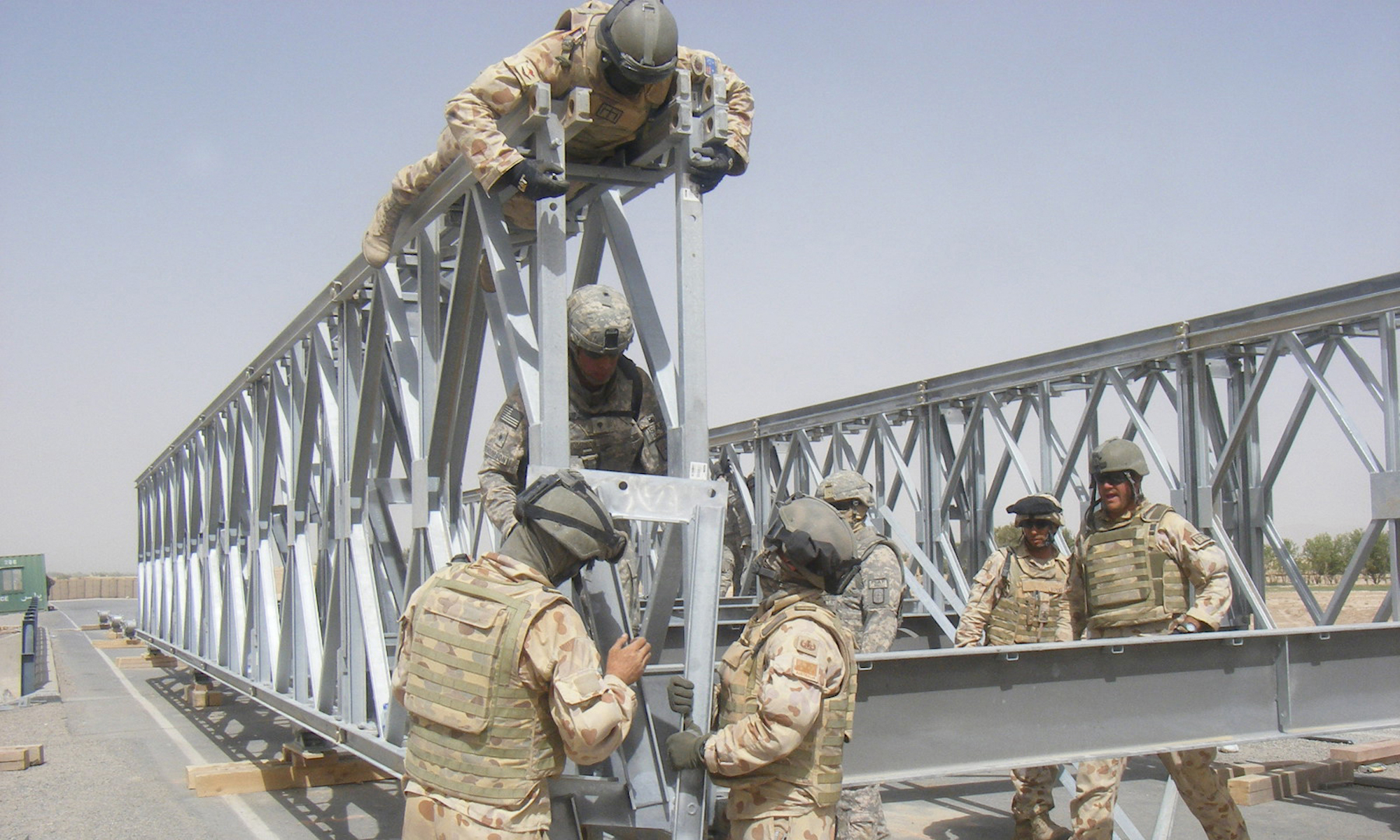This article, which is grounded in qualitative interview data, takes as its starting point the contention that war crimes tribunals can aid reconciliation, and more specifically the claim made by the International Criminal Tribunal for the former Yugoslavia (ICTY) that its work is contributing to reconciliation in the region. Focusing on Bosnia and Hercegovina (BiH), the first question that it seeks to answer is not whether the ICTY has positively impacted on reconciliation, but rather the more immediate question of whether reconciliation actually exists in BiH. Defining reconciliation as the restoration and repair of relationships and as the acknowledgement of war crimes and responsibility, it argues that there is no reconciliation in present-day BiH. There is only negative peace an absence of conflict. The second crucial question that this article explores, therefore, is whether and how this negative peace can be developed into positive peace characterized by reconciliation. Emphasizing two critical obstacles to any reconciliation process in BiH, namely insufficient contact between interethnic groups and the existence of denial and competing truths, it identifies three important measures to address these. These are the abolition of the divisive ‘two schools under one roof’ education system, the replacement of the Dayton Peace Accords (DPA) with a constitutional structure that encourages interethnic contact rather than separation, and the creation of a truth and reconciliation commission (TRC). On the issue of whether the ICTY can itself contribute to reconciliation in BiH, the article concludes that while retributive justice is an important mechanism in postconflict societies, the difficulties and challenges that the ICTY faces in BiH underscore the limitations of criminal trials and the imperative of a multifaceted approach to reconciliation combining different transitional justice elements.

INSCT Postconflict Research Database
The Institute for National Security and Counterterrorism's Postconflict Research Database & Analysis Project stores cross-indexed bibliographic information on hundreds of journal articles, books, book chapters, and case reports that address the broad, interdisciplinary fields of postconflict reconstruction, stabilization, and peacebuilding.
48 Replies to “From Negative to Positive Peace: The Case of Bosnia and Hercegovina”
Comments are closed.